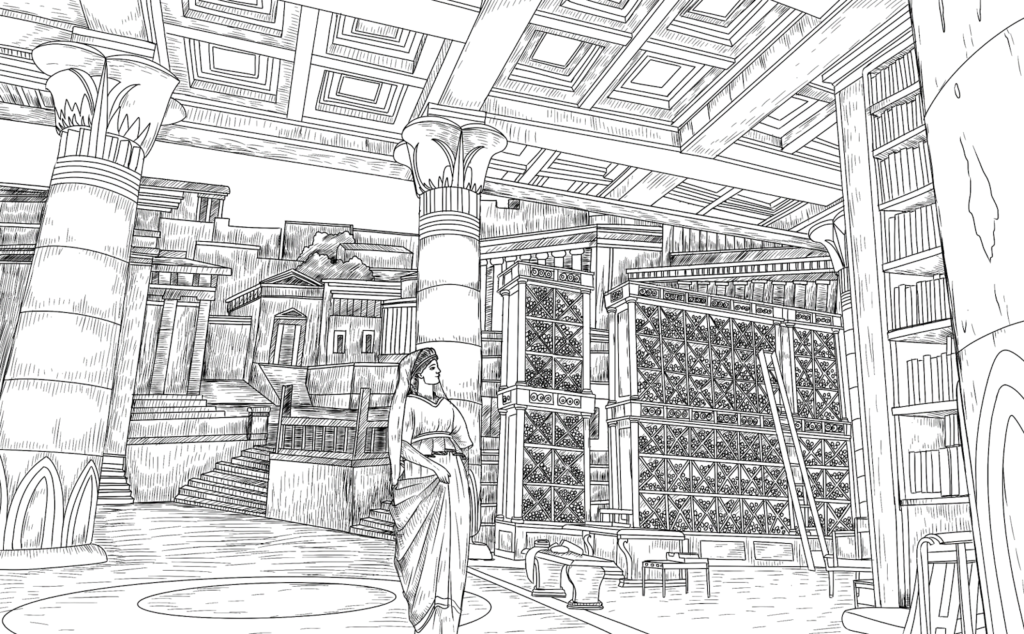
Hypatia was a forgotten name who had made immense contributions as a female scholar during her time. She was a Neoplatonist philosopher, astronomer and mathematician who was prominent in Alexandria, Egypt. The horror surrounding her brutal death was both a sad awakening and forgotten history of humanity. Those barbaric acts of torture and disgrace were somewhat concealed into the depths of obscurity.
Alexandria was a great intellectual learning city of the ancient world where Greeks, Jews, Phoenicians, Egyptians, Balelonians and even Buddhist philosophers from India flocked to this place for learning and would often compare notes among themselves. It was a place for scholars to pursue higher learning and all were tolerant of one another’s background without discrimination.
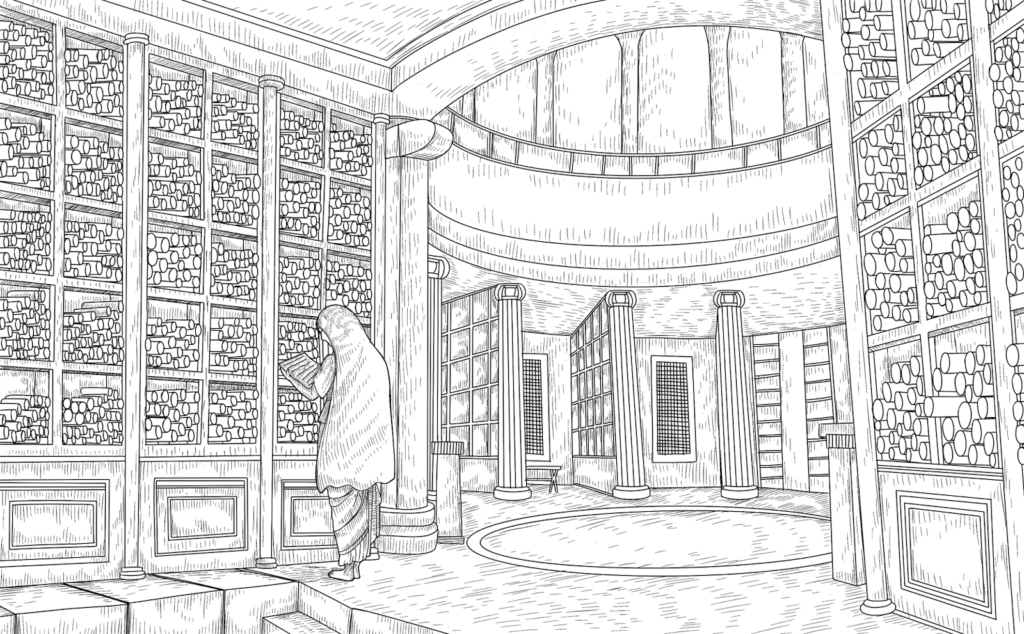
For a woman during her time of birth at 355 AD (CE), it was a notable and unheard of achievement which dates back more than 2300 years ago. Never had there been such a great thinker who did not just possess unsurpassed wisdom, but also knowledge to be a great teacher and a wise counselor as a female.
Hypatia worked with her father named Theon, who was also a mathematician, astronomer and philosopher to update old textbooks with new information about geometry, algebra and astronomy. Hypatia was a great thinker and vastly knowledgeable, she knew so much more than an average conventional person even far surpassing many masculine figures then. She had a gift of breaking down complicated subjects into easier and smaller portions for people to assimilate.
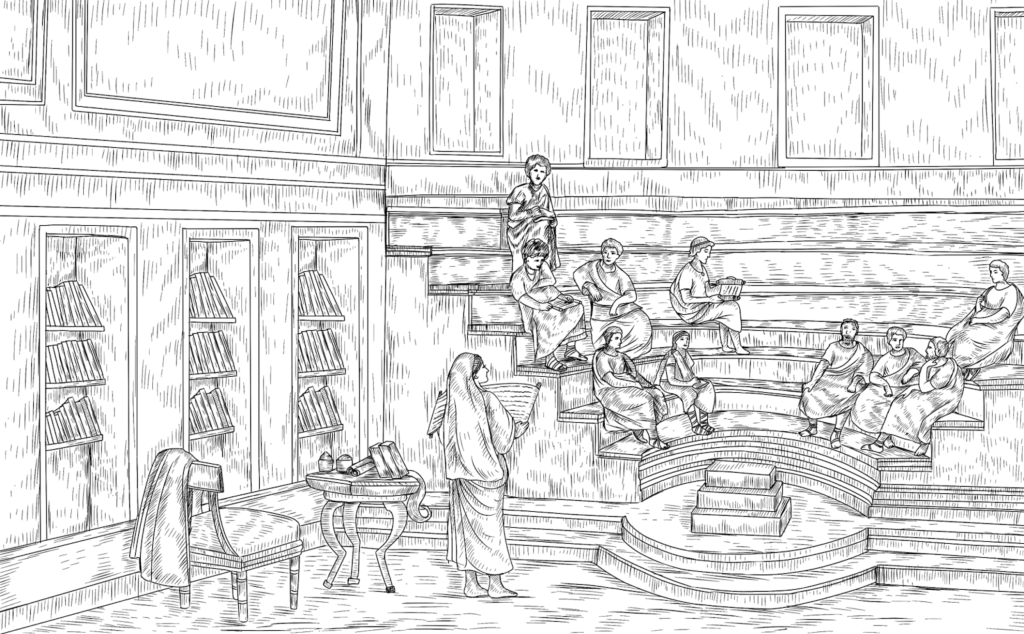
She was educated at Athens and a teacher and lecturer on philosophical topics of a less-specialized nature attracting large audiences from all over the world who became her loyal students. She also applied mathematics to philosophy which was built on Neoplatonism that was actually a brand of Platonism often described as mystical. Some of them include the Ptolemaic system of celestial movement and the advanced mathematics of Euclid. There were many topics which were philosophical and figurative in nature for the amelioration of consciousness expansion. For Hypatia, mathematics was not a hard science but rather a sacred language of the universe. She believed that the cosmos is numerically ordered with the planets moving in orbits corresponding to musical intervals and creating harmonies in space. “The music of the spheres.”
Her profound wisdom concerning celestial movements gave her the ability to construct accurate astrolabes which was a device used to tell time based on celestial movements of the stars and also used for other calculations and observations.
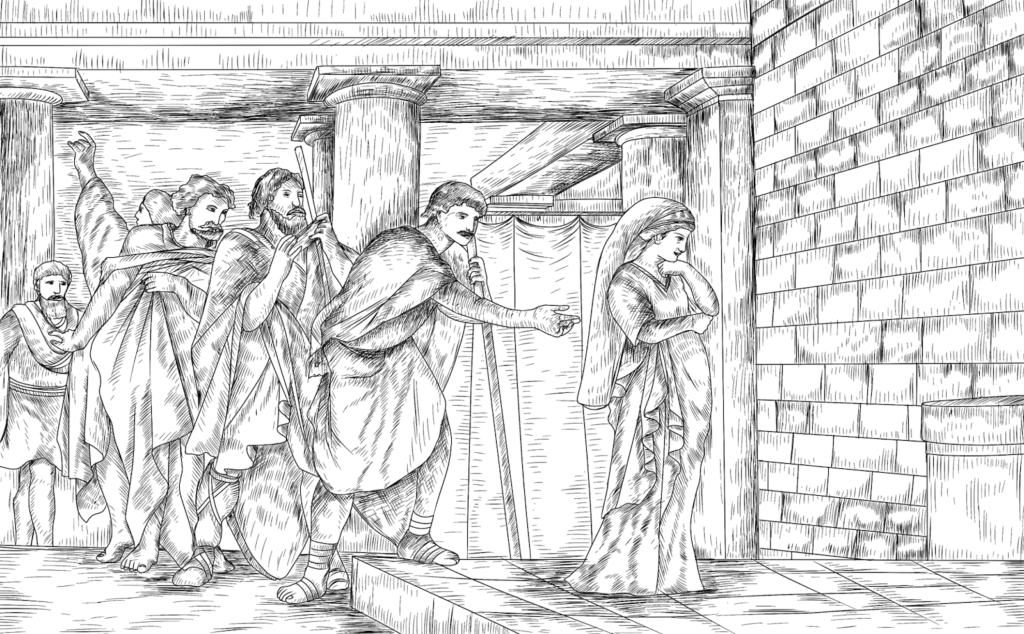
Her dedication to her work made her single and unmarried which she likely led a celibate life. Being intelligent and attractive, she had many suitors which she continued to reject all of them in her life. Women of her times having such intellectual feats were unheard of. Many of her students and leading male scholars were both full of admiration of her and respect which she duly deserved.
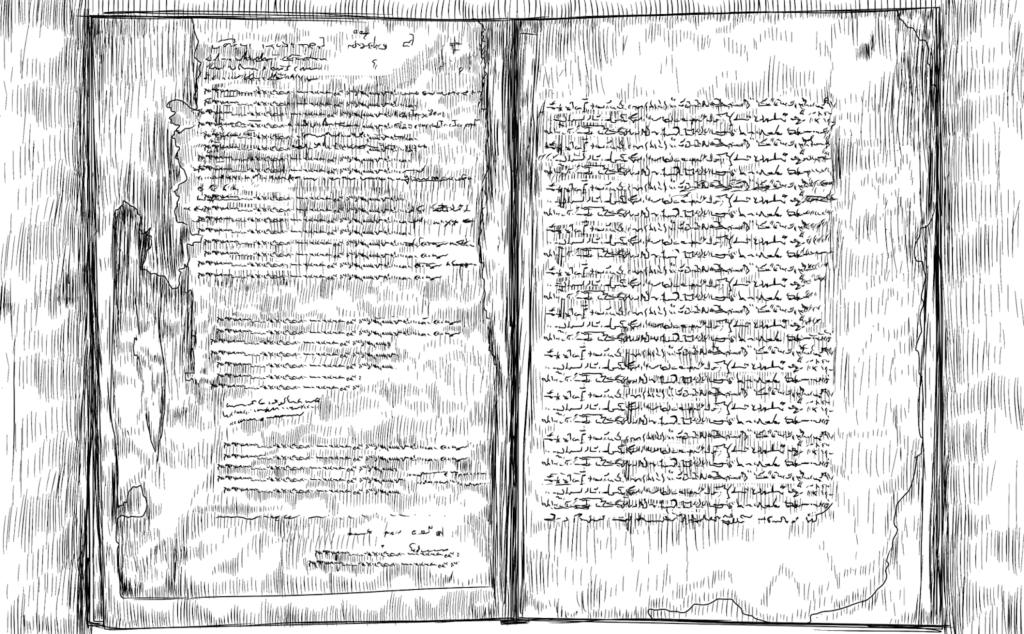
The Suda lexicon which is a 10th century Greek-Byzantine dictionary cum encyclopedia of the Mediterranean time, described her as “exceedingly beautiful and fair of form….in speech articulate and logical, in her actions prudent and public-spirited, and the rest of the city gave her suitable welcome and accorded her special respect.”
A woman with such knowledge and intellectual skill was considered to be dangerous in that period. With the political struggle between the head of the church of Alexandria named “Cyril” and the head of the government who was by the name “Orestes”, an unthinkable savagely violent act of political-religious fight over power sacrificed a treasure figure like Hypatia.
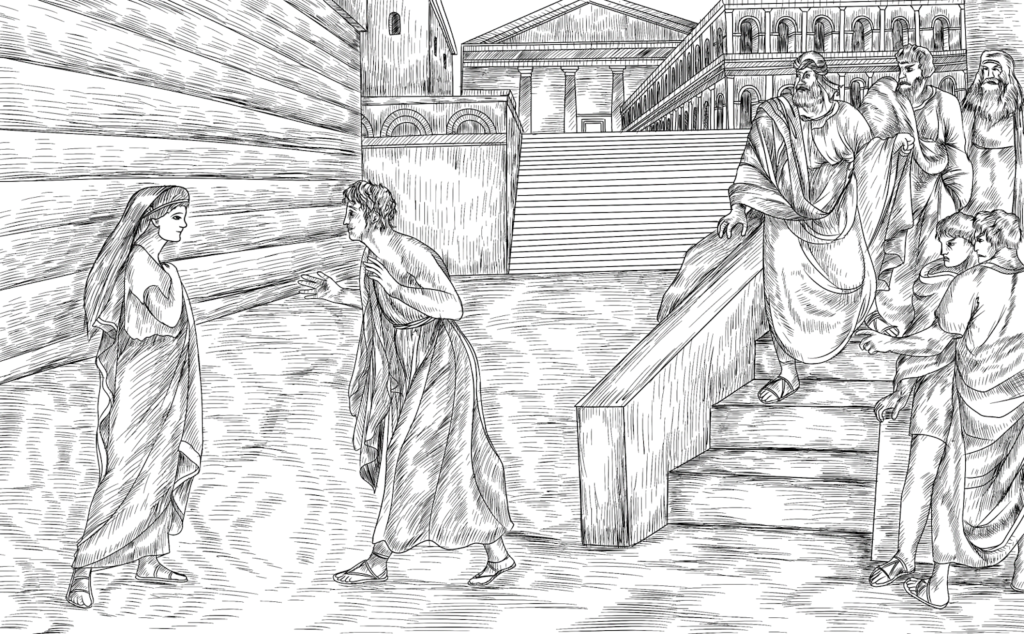
Being a wise counselor and advisor whom Orestes sought for advice, Hypatia was greatly detested by Cyril and his fanatic group of religious followers. There was an agenda for Cyril to reform Alexandra to the then uprising Christianity movement. Hypatia was teaching non compliant philosophical, mystical teaching which was contrary to what Cyril believed in.
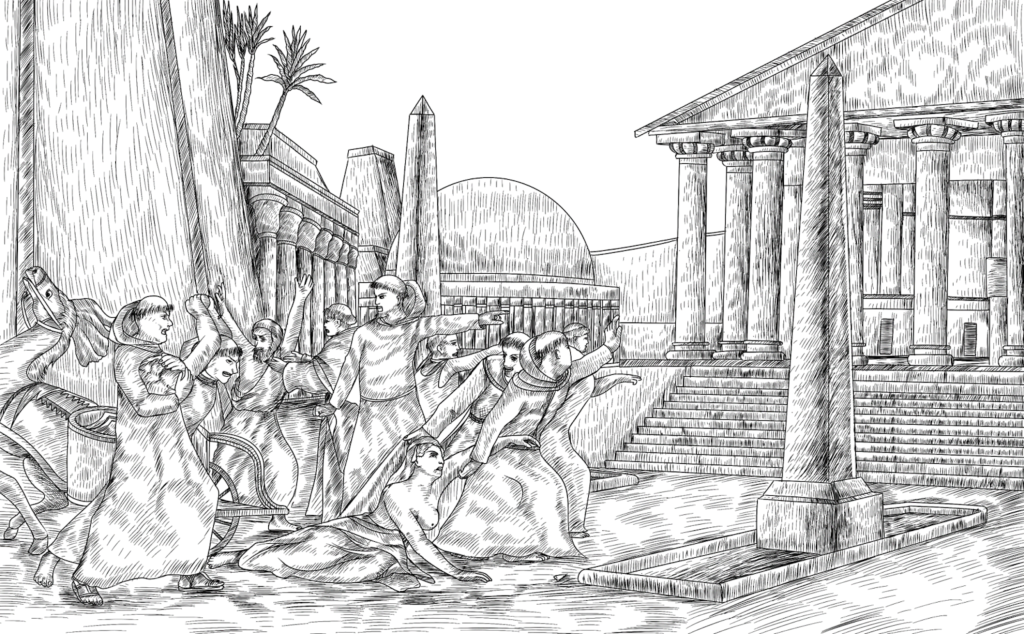
According to Socrates Scholasticus, during the Christian season of Lent a mob of Christian zealots forcefully removed her from the carriage that she was traveling home. They dragged her all the way to the church at Caesareum. Beating her profusely, stripped her naked and viciously battered her to death by “ostraka” which was translated into “shards of roof tiles.”
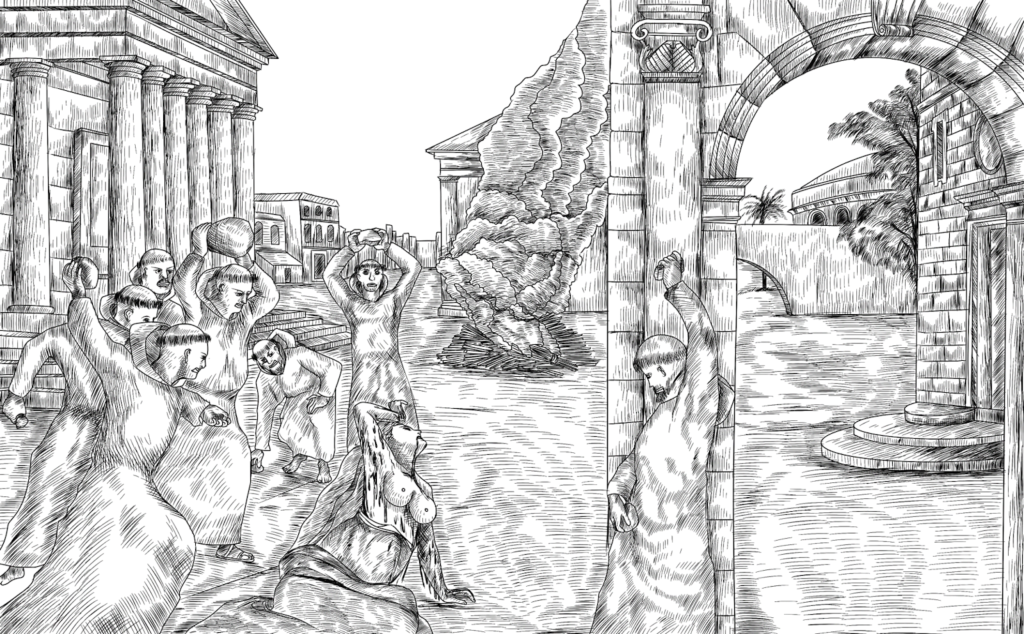
And the unimaginable act that cruelty can go as far was, while she was still feebly twitching, they beat her eyes out! They dragged her torn pieces of limbs and body parts through the city to finally burn them out.

Having such intellectual feats were unheard of at that time. Many of her students and leading male scholars were full of admiration of her and respect which she duly deserved. Her story from antiquity was full of sadness and grief that humanity should remember and reflect upon. Brutal acts of savage violence due to power struggle, religious zealotry, mindless aggression and anti-feminist ideas were still in our society albeit to a lesser degree. Many had not heard of Hypatia, least not her story. This hidden past was seemingly covered-up, not to be revealed and brought up to the surface. As humanity progresses and moves forward, we need to be using our heart and mind to decipher what is the truth and what was programmed for us to know.
As a collective, humanity should be moving towards a society of gender equality, religion tolerance, racial harmony, non-discrimination and to develop unity consciousness for a better and more cohesive planet for all of us to thrive and commune in.
